157945
(4-Carboxybutyl)triphenylphosphonium bromide
98%
Synonym(s):
5-(Triphenylphosphonio)pentanoic acid bromide, Carboxybutyltriphenylphosphonium bromide, NSC 147756
About This Item
Recommended Products
Quality Level
Assay
98%
form
powder
reaction suitability
reaction type: C-C Bond Formation
mp
204-207 °C (lit.)
SMILES string
[Br-].OC(=O)CCCC[P+](c1ccccc1)(c2ccccc2)c3ccccc3
InChI
1S/C23H23O2P.BrH/c24-23(25)18-10-11-19-26(20-12-4-1-5-13-20,21-14-6-2-7-15-21)22-16-8-3-9-17-22;/h1-9,12-17H,10-11,18-19H2;1H
InChI key
MLOSJPZSZWUDSK-UHFFFAOYSA-N
Looking for similar products? Visit Product Comparison Guide
Application
- Used as a platform for delivery of pro-apoptotic peptides into the mitochondria of tumor cells
Reactant for preparation of:
- Ring skeletons via ring closing metathesis and double bond migration ring closing metathesis reactions
- Methyl alkenyl quinolones as antimycobacterial agents
- Prostaglandins and their drug analogs via Gold-catalyzed Meyer-Schuster rearrangement
- Diphenylmethylpiperazines as N-type calcium channel blockers as potential therapeutic agents
- Folate receptor-specific glycinamide ribonucleotide formyltransferase (GARFTase) inhibitors with antitumor activity
- Cycloalkylidene alkanols with antileishmanial activity, via Wittig reaction
Signal Word
Danger
Hazard Statements
Precautionary Statements
Hazard Classifications
Acute Tox. 3 Oral - Eye Dam. 1
Storage Class Code
6.1D - Non-combustible acute toxic Cat.3 / toxic hazardous materials or hazardous materials causing chronic effects
WGK
WGK 3
Flash Point(F)
Not applicable
Flash Point(C)
Not applicable
Personal Protective Equipment
Choose from one of the most recent versions:
Certificates of Analysis (COA)
Don't see the Right Version?
If you require a particular version, you can look up a specific certificate by the Lot or Batch number.
Already Own This Product?
Find documentation for the products that you have recently purchased in the Document Library.
Customers Also Viewed
Our team of scientists has experience in all areas of research including Life Science, Material Science, Chemical Synthesis, Chromatography, Analytical and many others.
Contact Technical Service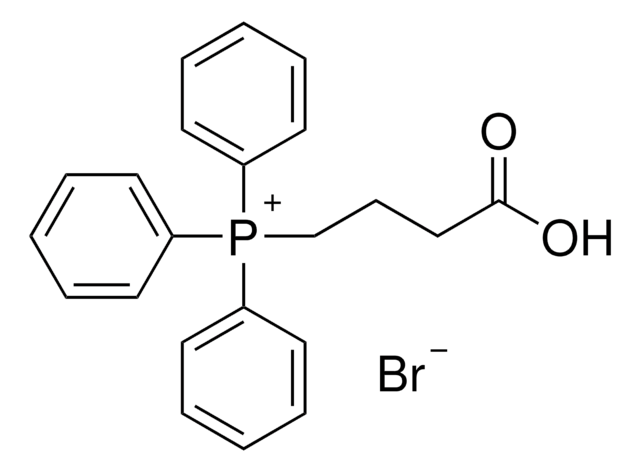
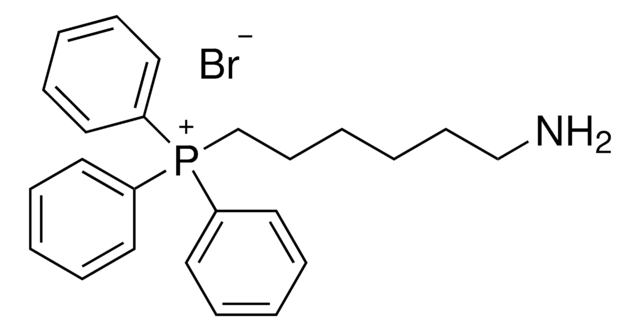
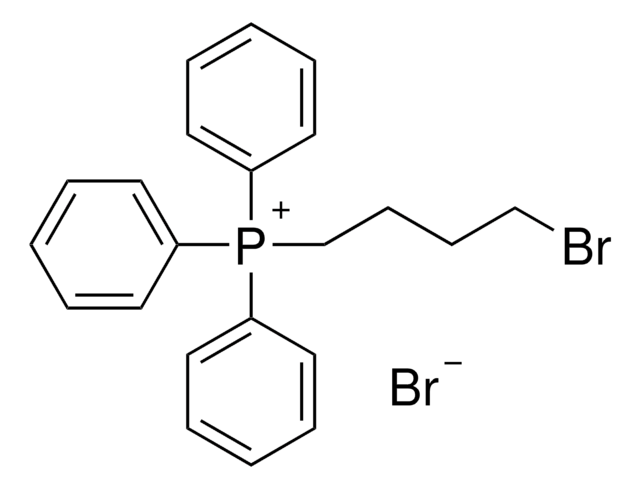
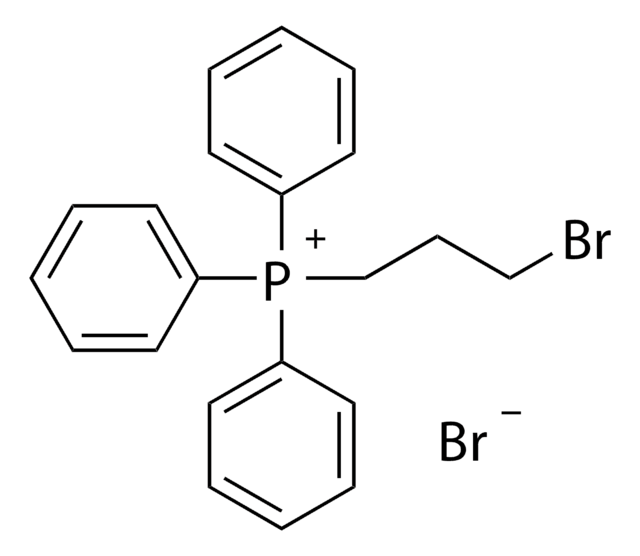
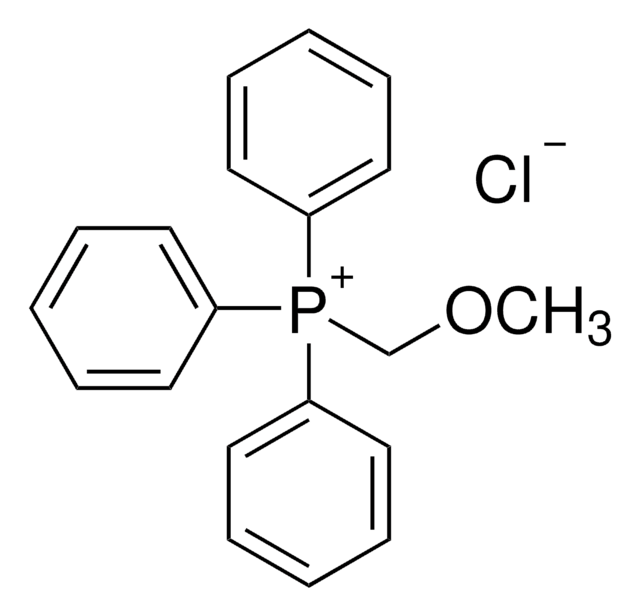
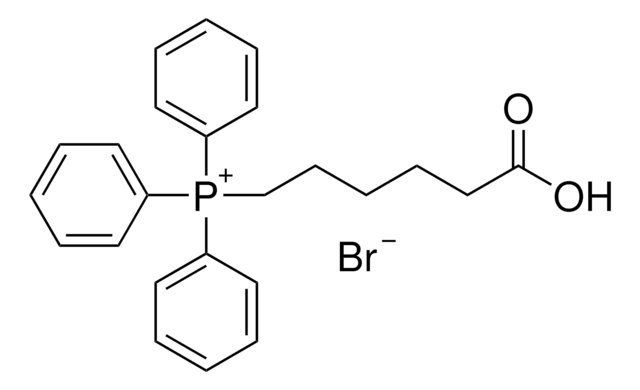
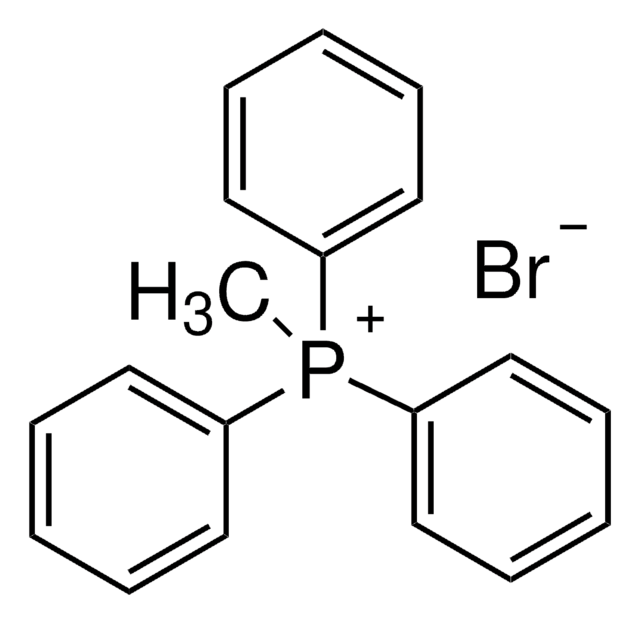

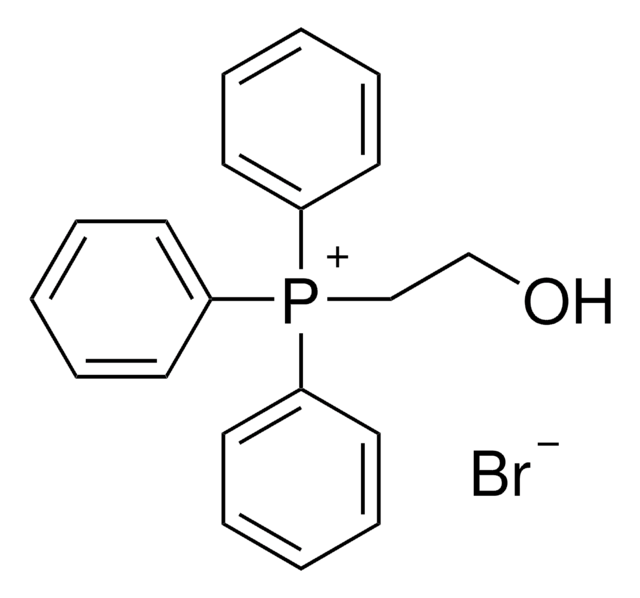



![2-[(Trimethylsilyl)ethynyl]benzaldehyde 97%](/deepweb/assets/sigmaaldrich/product/structures/977/954/5bc6c647-e9d2-4bf6-bf94-6ac20e3f476e/640/5bc6c647-e9d2-4bf6-bf94-6ac20e3f476e.png)